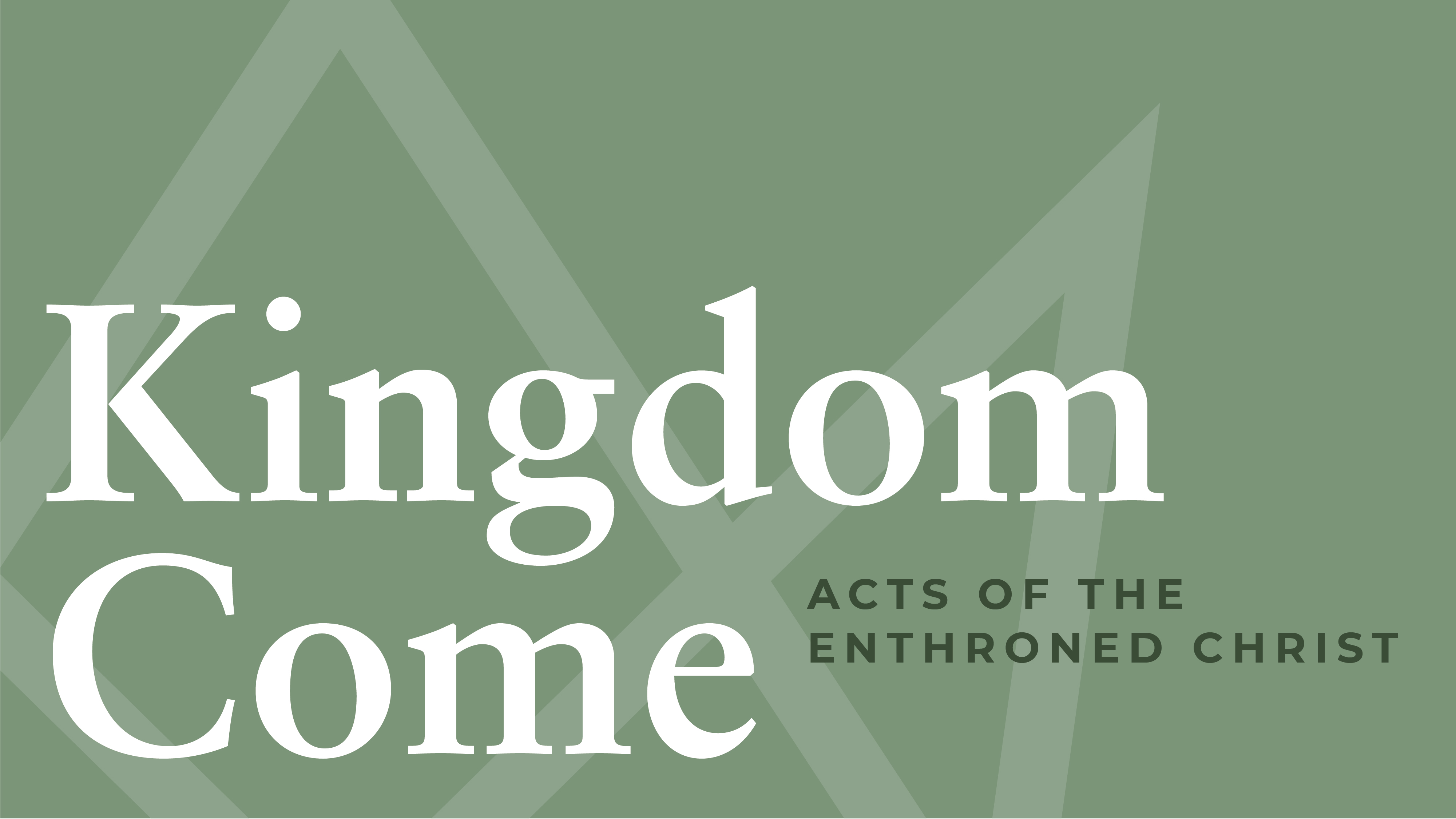River West Church
Building a community of Christ for the world.
Our Sunday gatherings are the starting point to experiencing the Gospel in community. Whether you are exploring your faith or want to deepen your walk with Jesus, you’re invited to join us.
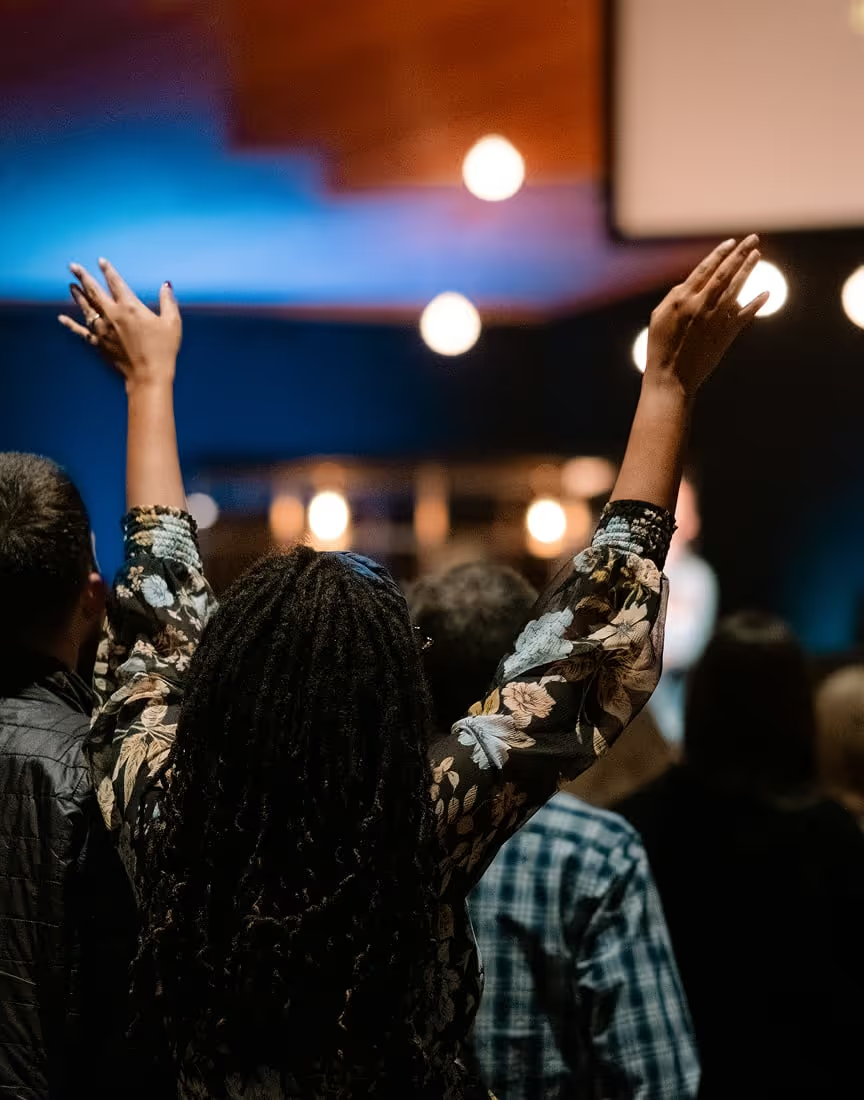



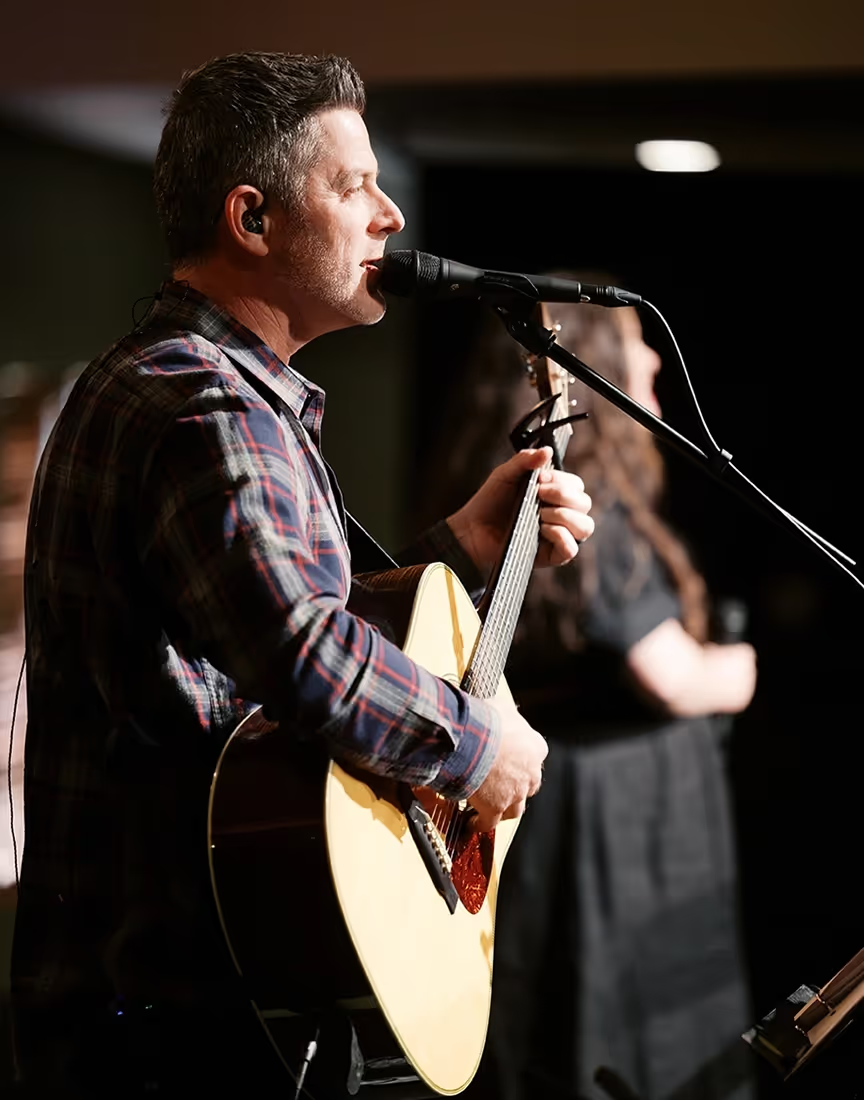
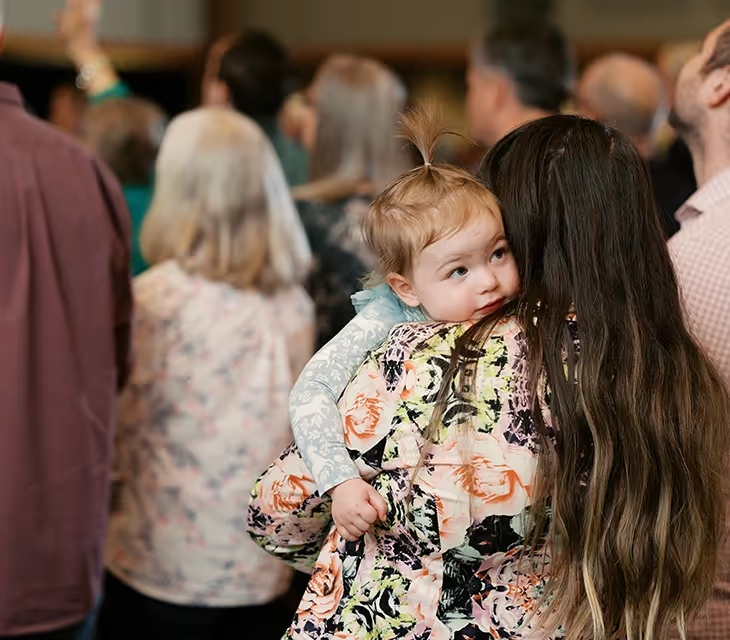






Upcoming Events
Take Your Next Step

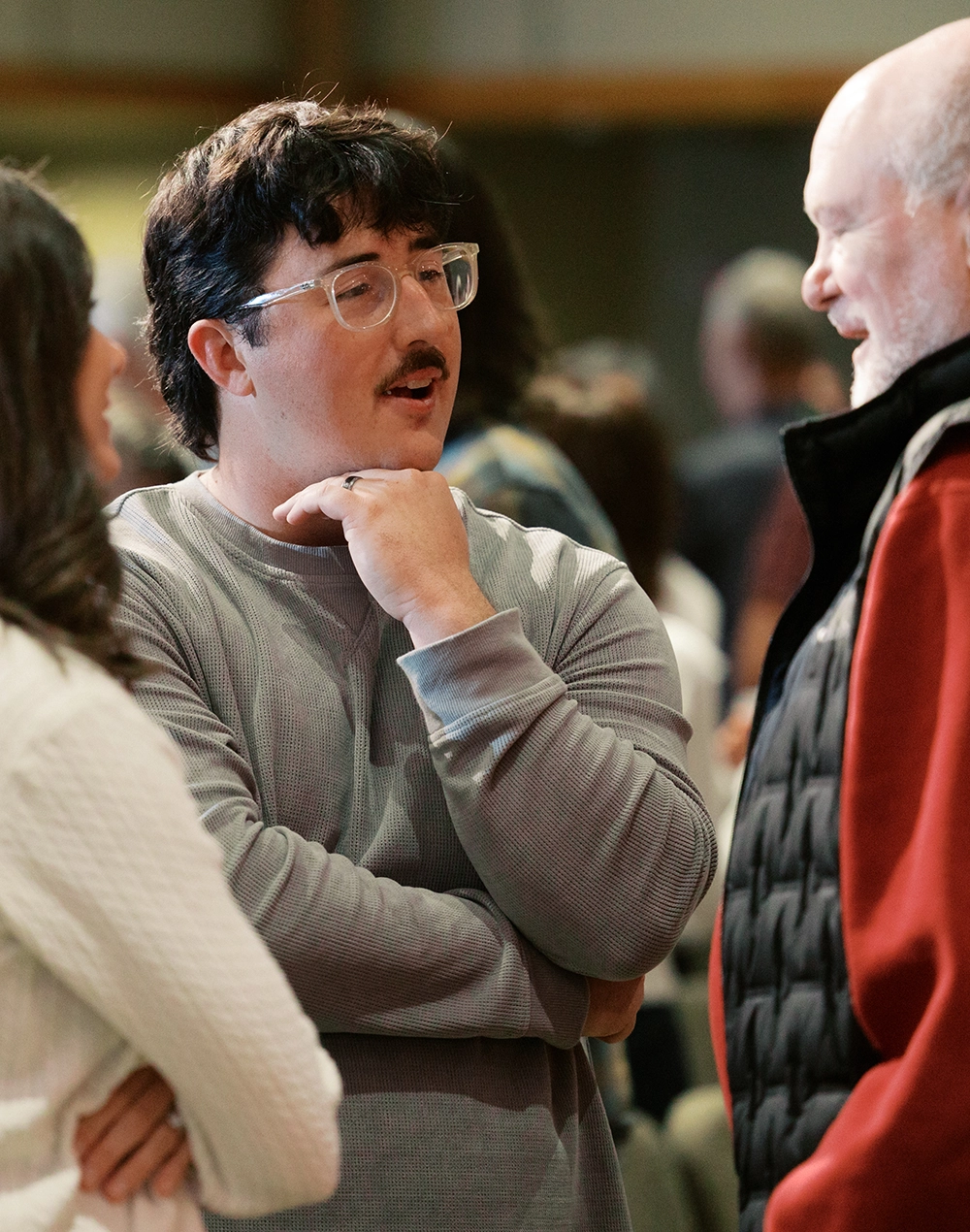
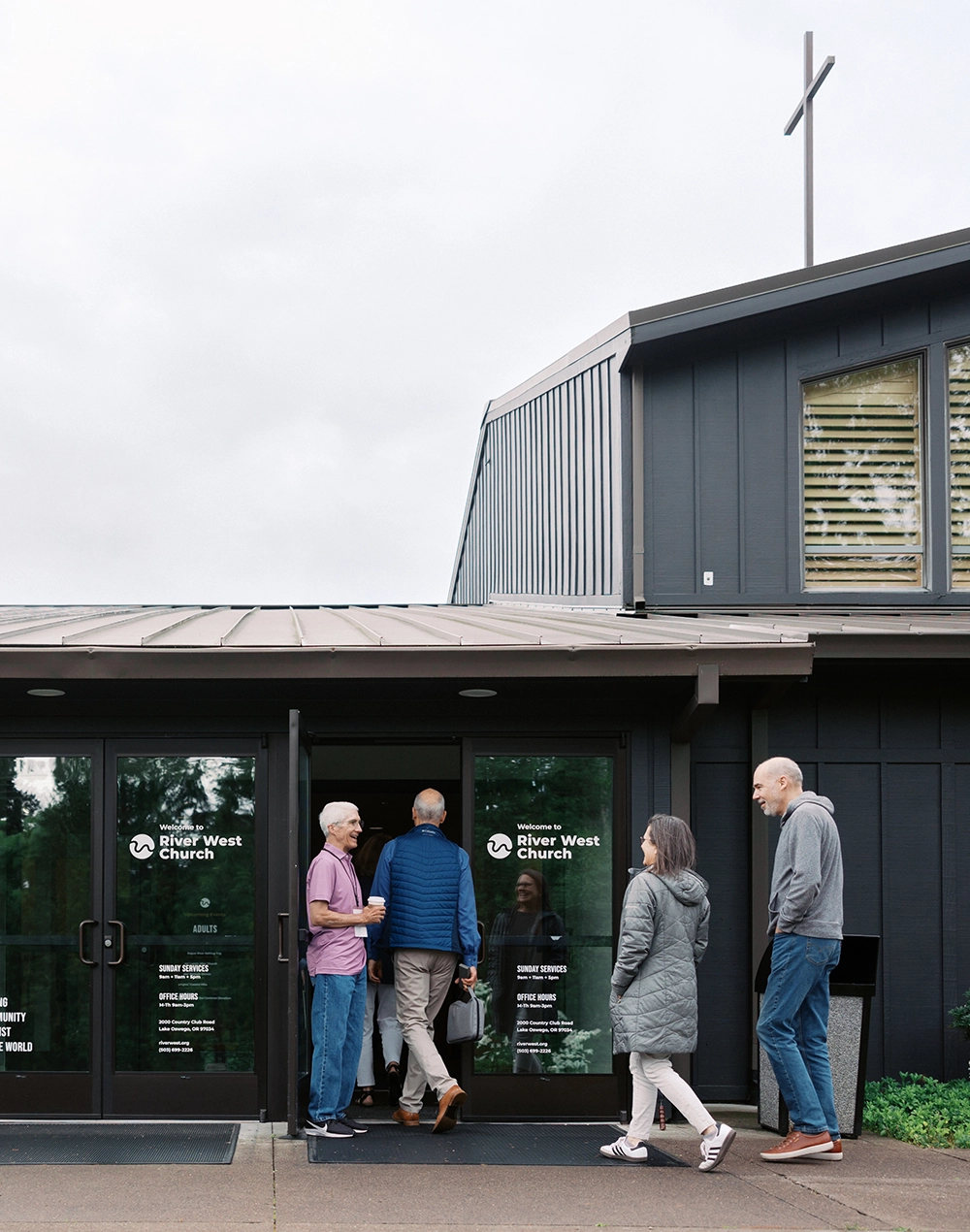
Plan Your Visit
We wait all week for Sunday! Whether you’re new or already a part of our church family, we invite you to a Sunday service at 9 am, 11 am, or 5 pm. As we gather, we grow together.

Get Connected
No matter your age or stage of life, there’s a place for you at River West. Our ministries are designed to help you connect with others, deepen your faith, and experience the love of Christ in community.

Get Involved
Every day is a new opportunity to live out the Gospel by loving, serving, and growing in your faith alongside others. Learn more about getting involved at River West.

Stay Up to Date
Sign up for the latest updates from River West Church + the ministries you select.
We believe that the Church is not a building or an institution, but a community of people.
This conviction shapes everything that we do and say as a community.






